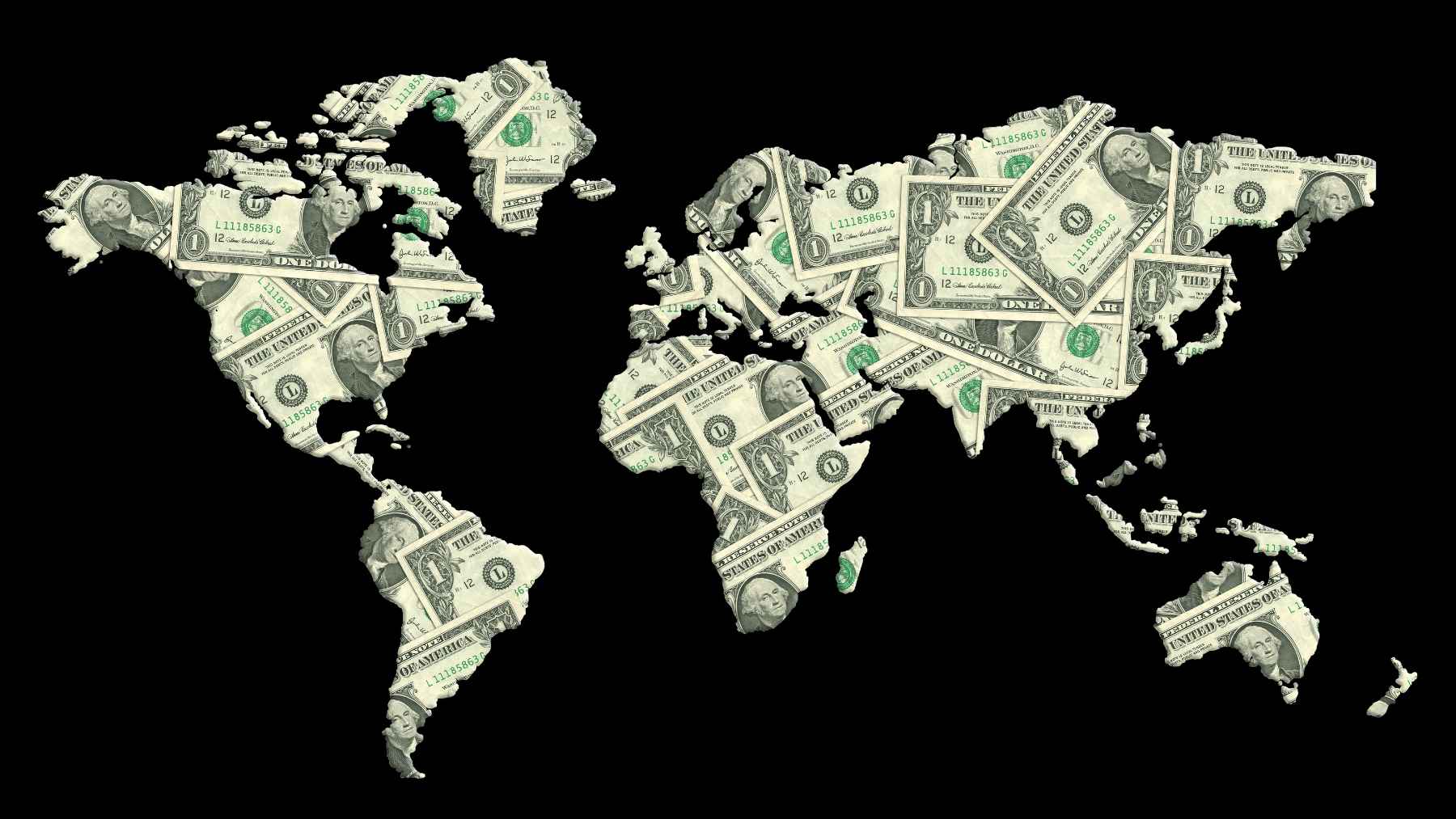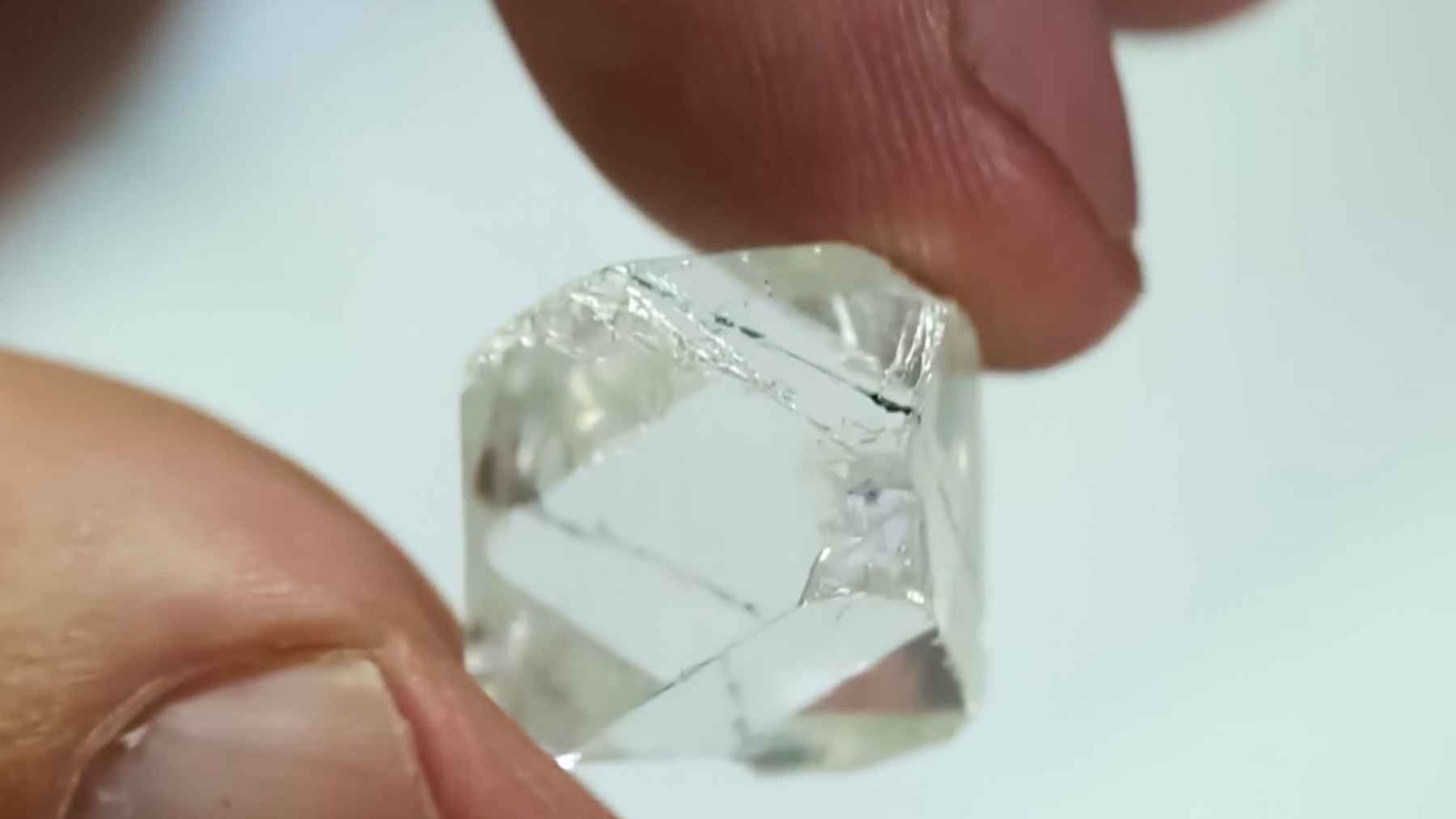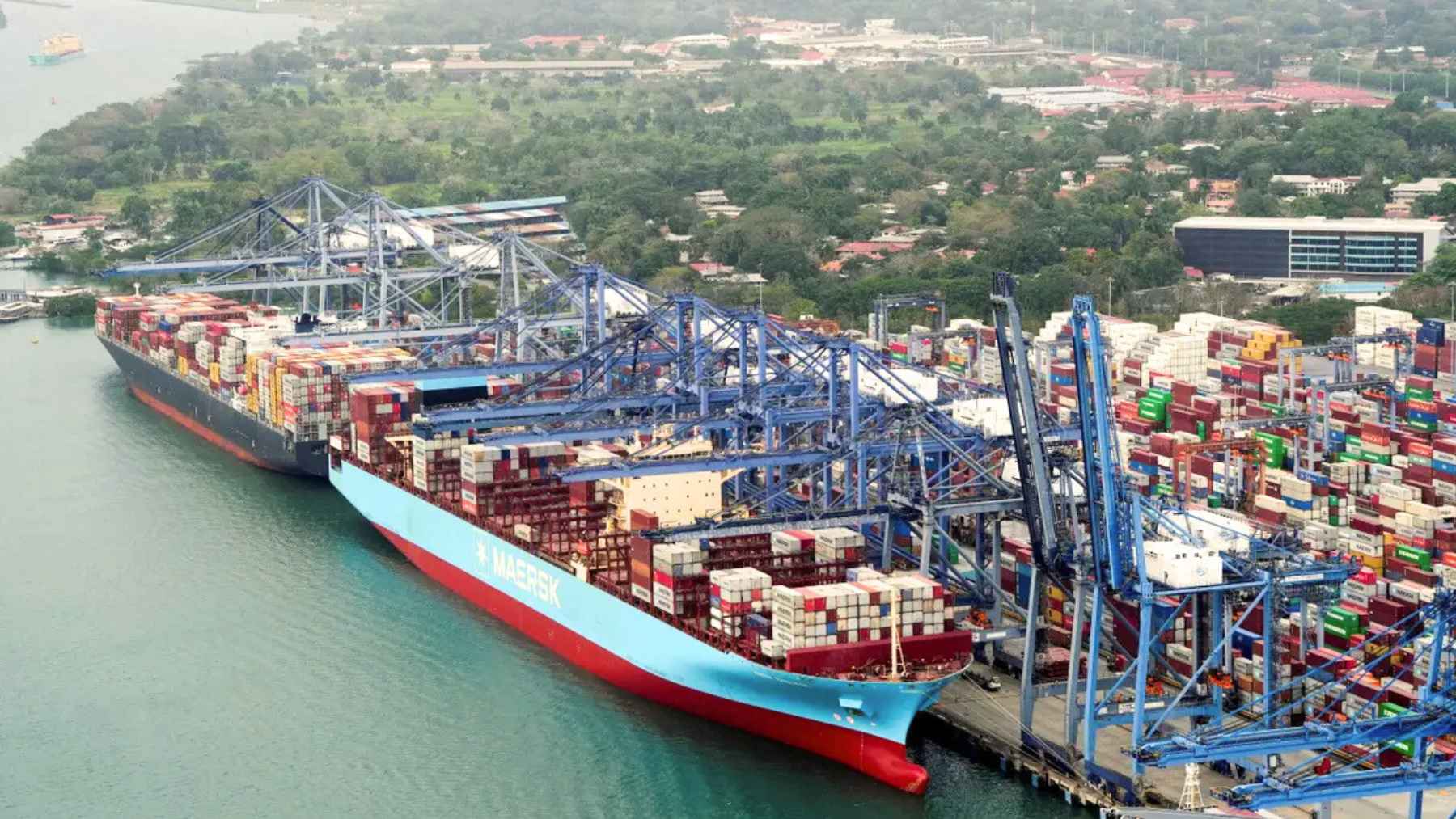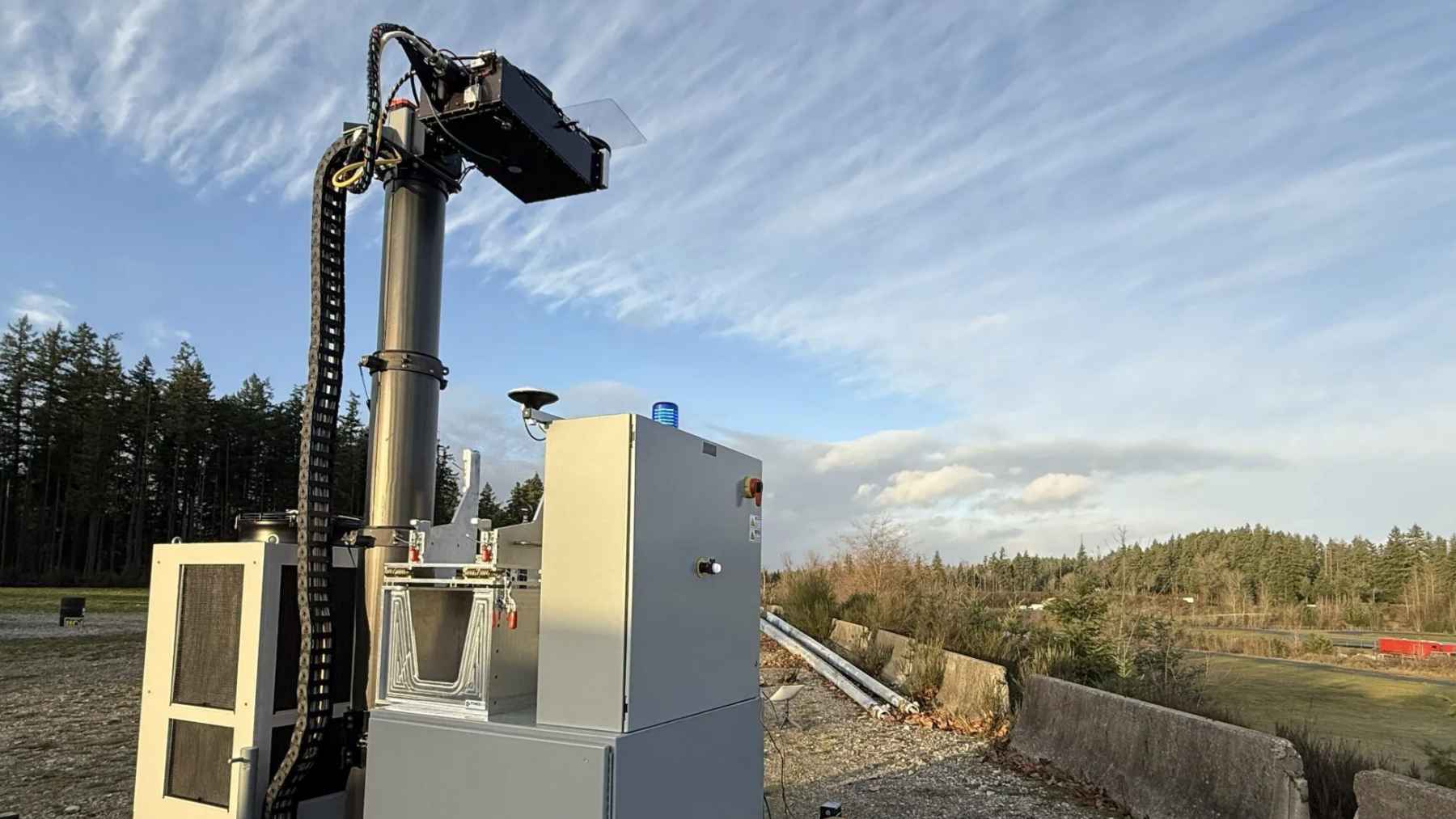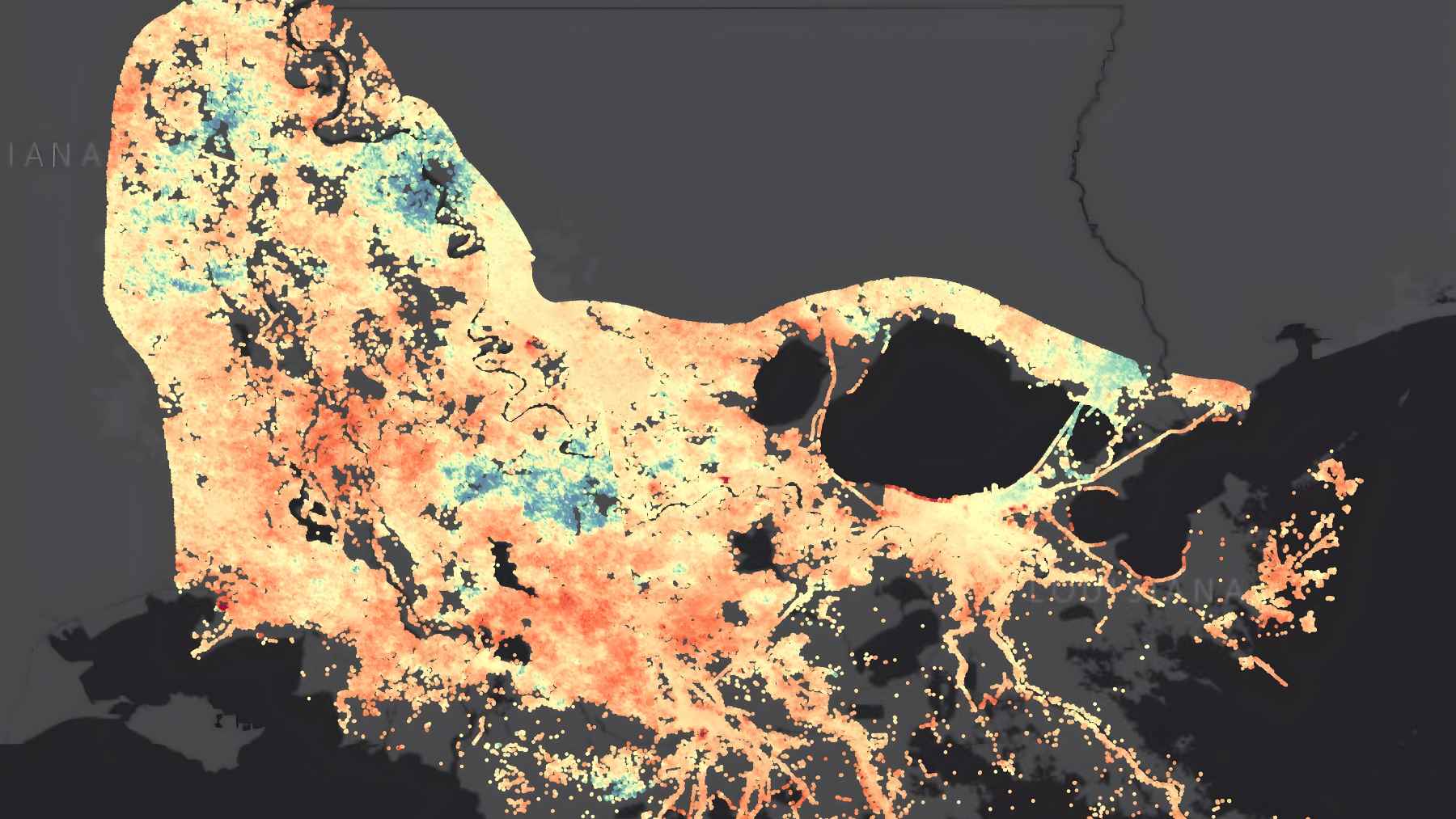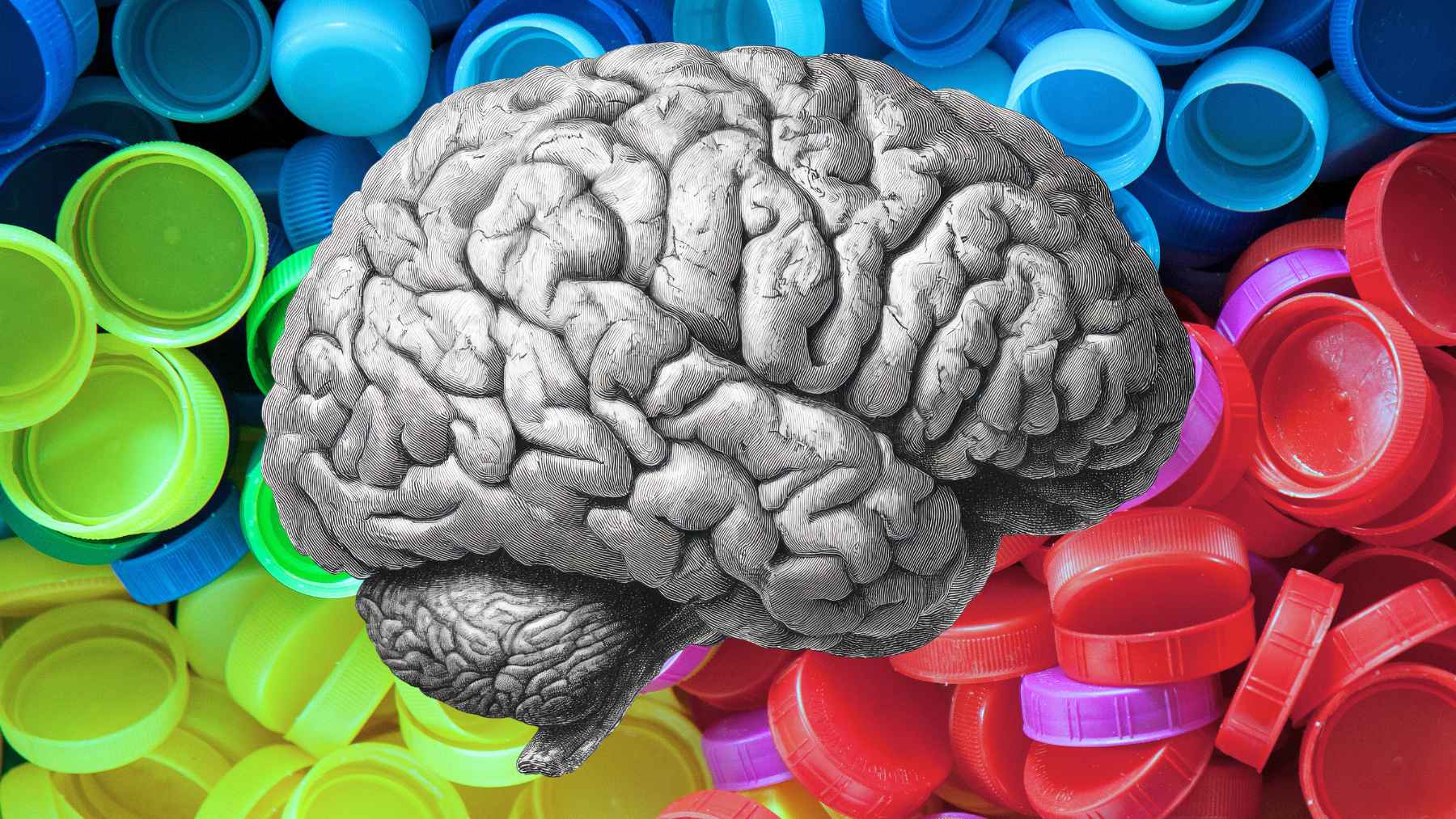This month, you may qualify for a stimulus check. Once-off stimulus check payments are one of the most commonly utilized methods by state and federal authorities to offer immediate financial assistance to beneficiaries when a need is identified. While they do not provide long-term solutions to a financial crisis, they help to allevite imminent financial pressure recepients may be under. This month, this one state is sending out stimulus checks to nearly all residents.
The role of stimulus checks in removing financial pressure
Stimulus checks have played an important role in being a direct and immediate intervention for authorities to use during periods of low economic activity. Further, they help to offset the risk of a recession by encouraging recipients to spend money. During the COVID-19 pandemic, the Biden Administration distributed three rounds of stimulus checks to citizens between March 2020 and March 2021. Known as Economic Impact Payments (EIPs), these payments were essential for families who were affected by job loss and retrenchment during the pandemic, whereby unemployment statistics rose to heights not seen since the Great Depression.
This most recent tax season was the last chance eligible beneficiaries had to claim the third EIP, amounting to $1,400. While it was rumored this year that a $5,000 federal stimulus payment would be distributed to beneficiaries, no federal official ever confirmed that this payment would go ahead. However, more recent and confirmed federal stimulus check initiatives, which are set to be distributed by the federal government, include the new ‘Trump Accounts’ initiative. Signed into law by the Trump Administration as part of the ‘One big, beautiful bill,’ the initiative will see new parents of babies born between January 1, 2025, and December 31, 2028, will be eligible to receive $1,000 per eligible child. The money will be put into an account that caregivers can make annual contributions to of up to $5,000 per year.
New $1,700 stimulus check for this group
While stimulus checks are generally distributed on an acute, once-off basis as a response to economic crisis, some programs provide an annual stimulus check that beneficiaries anticipate each year. One of the most well-known annual stimulus check initiatives is enforced by the Alaska Department of Revenue through the Permanent Dividend Fund.
This program provides the approximate 600,000 residents of Alaska a chance to share in the profits the state generates from its oil and precious mineral resources. This year, the payment amounts to $1,702. In order to be eligible to take part in the program, the following critiera must be met by residents:
- You have lived in Alaska for at least 12 months and have no plans to leave the state
- You have spent at least 72 continuous hours in Alaska in the past 24 months if you have a valid reason to be out of state, such as tertiary education activities or serving in the military
- You have not been incarcerated for a felony within the past 12 months
- If you have been previously convicted of a felony or two misdemeanors since 1997, you cannot have any misdemeanors against you in the past 12 months
When will payments be distributed?
The next round of eligible Alaskan beneficiaries of the program can expect their benefits to be distributed on September 11 if their eligibility status on the program’s website reads as follows:
- 2024 (and prior year) dividend applications that are in “Eligible-Not Paid” status on September 3, 2025, will be distributed on September 11, 2025
August 21 of this year already saw the first round of stimulus payments being distributed to beneficiaries. Payments are expected to continue into October, with beneficiaries whose 2025 (and prior year) dividend applications read as “Eligible-Not Paid” status on September 18, 2025, to be paid by October 2, 2025. if your 2025 (and prior year) dividend applications read as “Eligible-Not Paid” on October 13, 2025, your benefits will be distributed on October 23, 2025.
Disclaimer: Our coverage of stimulus checks, tax reliefs, tax rebates, tax credits, and other payments is based on the official sources listed in the article. All payment amounts and dates, as well as eligibility requirements, are subject to change by the governing institutions. Always consult the official source we provide to stay up to date and obtain information for your decision-making.

